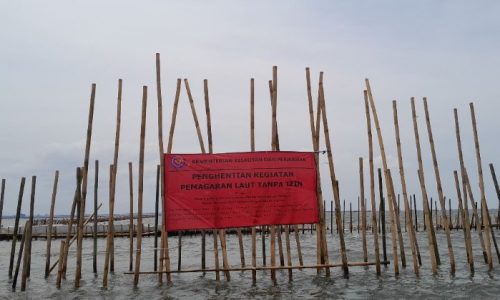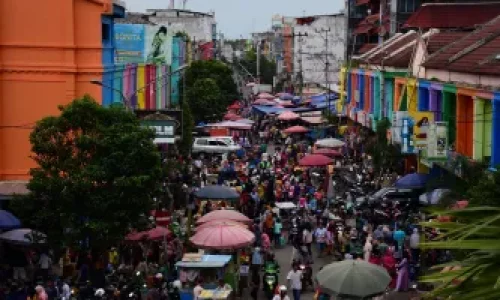Trade and State-owned Enterprises (SOEs) Commission VI of the House of Representatives (DPR) highlighted the worrying performance of building material solutions provider PT Semen Indonesia Group (SIG), particularly its impact on subsidiaries − PT Semen Padang, PT Semen Tonasa, and PT Semen Baturaja.
Deputy Chairman of the House’s Commision VI, Andre Rosiade, assessed that the operating holding companystatus held by SIG since 2018 was one of the causes of the company’s weakening financial and market performances.
“PT Semen Padang is now in a declining financial condition. Even the market in West Sumatra has been invaded by competitors,” Andre said during a working visit to Padang City, West Sumatra, on Tuesday, December 10, 2024.
Andre suggested that the operating holding company status be converted to a strategic holding. According to him, the operating holding policy is too centralized so that subsidiaries lose flexibility in production, marketing, and financial management.
“The operating holding policy that has been implemented since 2018 until 2024 has apparently led to the decline in SIG’s market share and EBITDA . We encourage a comprehensive evaluation to change this policy to a strategic holding, as practiced by other BUMNs that have proven successful,” he said.
With this policy change, Andre hopes that SIG will only set targets and performance indicators (KPIs) only, while subsidiaries are given greater autonomy to manage their operations.
Another Commission VI member, Herman Khaeron, emphasized the importance of SIG strengthening its marketing strategy amidst tight competition with national and foreign private competitors. According to him, Semen Indonesia has great potential to remain competitive.
Fellow Commission VI member, Nasril Bahar,encouraged SIG to build a strong management and marketing team.
“The dream team needs to be fixed. Many smart people have left SIG, and now they are attacking the heart of SIG. If the competitors manage to control Java, SIG could be threatened,” Nasril said.
Meanwhile, Mufti Aimah Nurul Anam, reminded that resolving SIG’s problems is not enough just by replacing the board of directors. He suggested that SIG needs to be more innovative to increase competitiveness. “SIG must optimally present innovations that have an impact on the country and the people,” he said.
Challenges
SIG’s performance has come under sharp scrutiny amidst the sluggish national cement industry. The high production capacity along with low utilization has become more challenging, when competitors, especially foreign companies, are increasingly aggressive in entering the market. SIG must also overcome internal challenges such as weaknesses in operational management and marketing strategies.
According to Indonesian Cement Association’s Data, cement demand is projected to grow by 1 percent in 2025, with the industrial utilization rate increasing by 1 percent compared to 2023. Although utilization is still below the pre-pandemic levels, the prospect for cement industry recovery looks positive.
The House’s Commission hopes that evaluation into and improvement of SIG’s management can be carried out immediately to restore the company’s competitiveness, while ensuring the sustainability of SIG’s contribution as one of Indonesia’s strategic SOEs.









